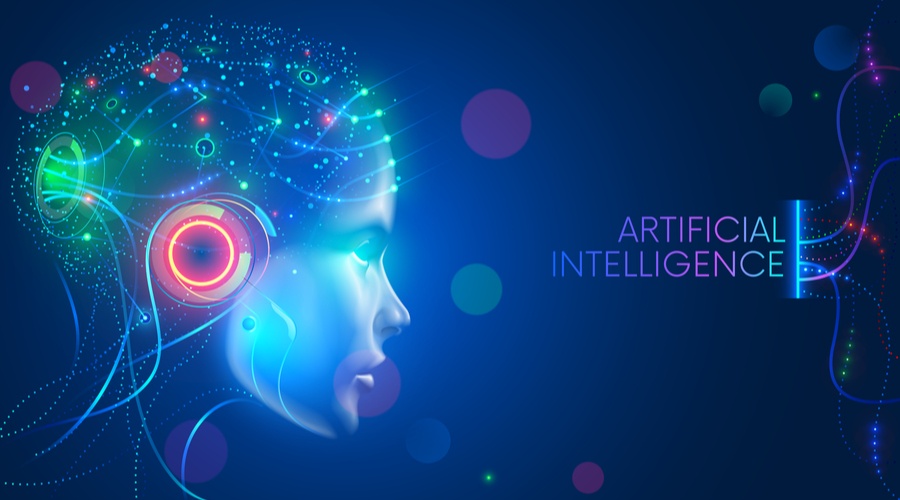Artificial intelligence – Future of business
Artificial intelligence – Future of business

Artificial Intelligence (AI) is all about thinking machines. It has been around quite a while, and an understanding of the history of machine learning and AI is a great foundation for what comes next. But it is what comes next that is the most exciting! We track it all here. And for the application of AI, be sure to visit our Robotics category.
Looking for ideas on new use cases and concepts for AI? You will find no better guide than your own imagination. To get your imagination going, visit our Sci-Fi directory, a fun filled examination of what may one day be, thanks in large part to AI.
The traditional problems (or goals) of AI research include reasoning, knowledge representation, planning, learning, natural language processing, perception and the ability to move and manipulate objects.General intelligence is among the field’s long-term goals.Approaches include statistical methods, computational intelligence, and traditional symbolic AI. Many tools are used in AI, including versions of search and mathematical optimization, artificial neural networks, and methods based on statistics, probability and economics. The AI field draws upon computer science, information engineering, mathematics, psychology, linguistics, philosophy, and many other fields.I provider platforms offer a number of styles of machine learning and
Layots offer a number of styles of machine learning and AI These variations can be more or less suited to an organization’s AI needs since organizations need to evaluate features and pricing to see what works for them. Cloud AI service providers can offer the specialized hardware needed for some AI tasks, like GPU based processing for intensive workloads. Purchasing the required hardware and software to start on-premise cloud AI is costly. Coupled with staffing and maintenance costs, as well as hardware changes for different tasks, makes AIaaS cost prohibitive to many organizations.
AI cloud offerings including Amazon Machine Learning, Microsoft Cognitive Services and Google Cloud Machine Learning can help organizations what might be possible with their data. Having the opportunity to try the algorithms and services of different providers can allow businesses to find what works and allows for scaling before committing. When something is found that scales to requirements, the resources of these large providers are there to back up the scaling with compute capacity.
Robotic process automation (RPA) is the use of software with artificial intelligence (AI) and machine learning capabilities to handle high-volume, repeatable tasks that previously required humans to perform. These tasks can include queries, calculations and maintenance of records and transactions.
RPA tools have strong technical similarities to graphical user interface testing tools. These tools also automate interactions with the GUI, and often do so by repeating a set of demonstration actions performed by a user. RPA tools differ from such systems that allow data to be handled in and between multiple applications, for instance, receiving email containing an invoice, extracting the data, and then typing that into a bookkeeping system.
Chatbot is a computer program that simulates human conversation through voice commands or text chats or both. Chat bot, short for chatterbot, is an Artificial Intelligence (AI) feature that can be embedded and used through any major messaging applications
The term “Chatter Bot” was originally coined by Michael Maudlin (creator of the first Verbot, Julia) in 1994 to describe these conversational programs. Today, most chatbots are accessed via virtual assistants such as Google Assistant and Amazon Alexa, via messaging apps such as Facebook Messenger or We Chat, or via individual organizations’ apps and websites. Chatbots can be classified into usage categories that include conversational commerce (e-commerce via chat), education, entertainment, finance, health, news, and productivity.


